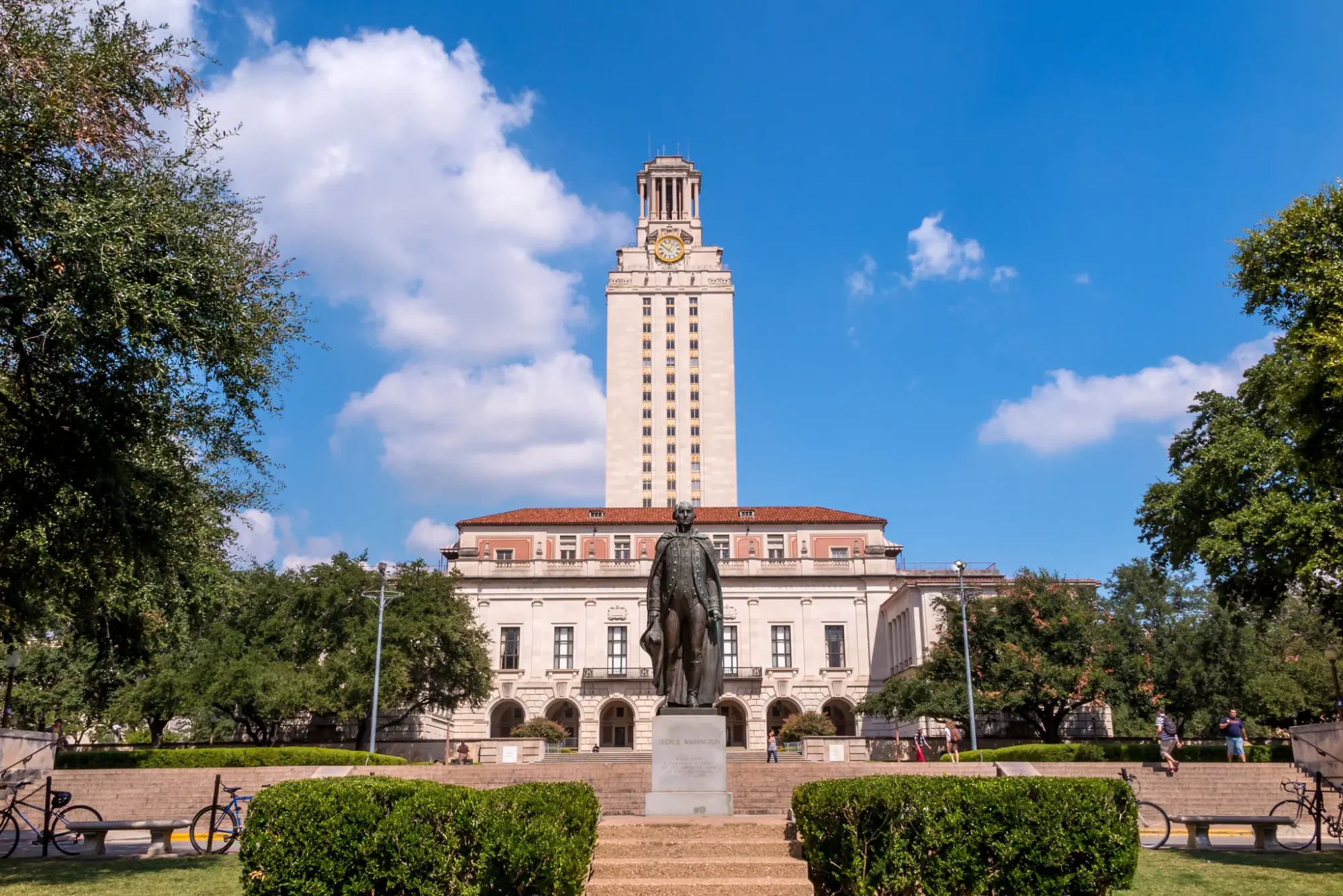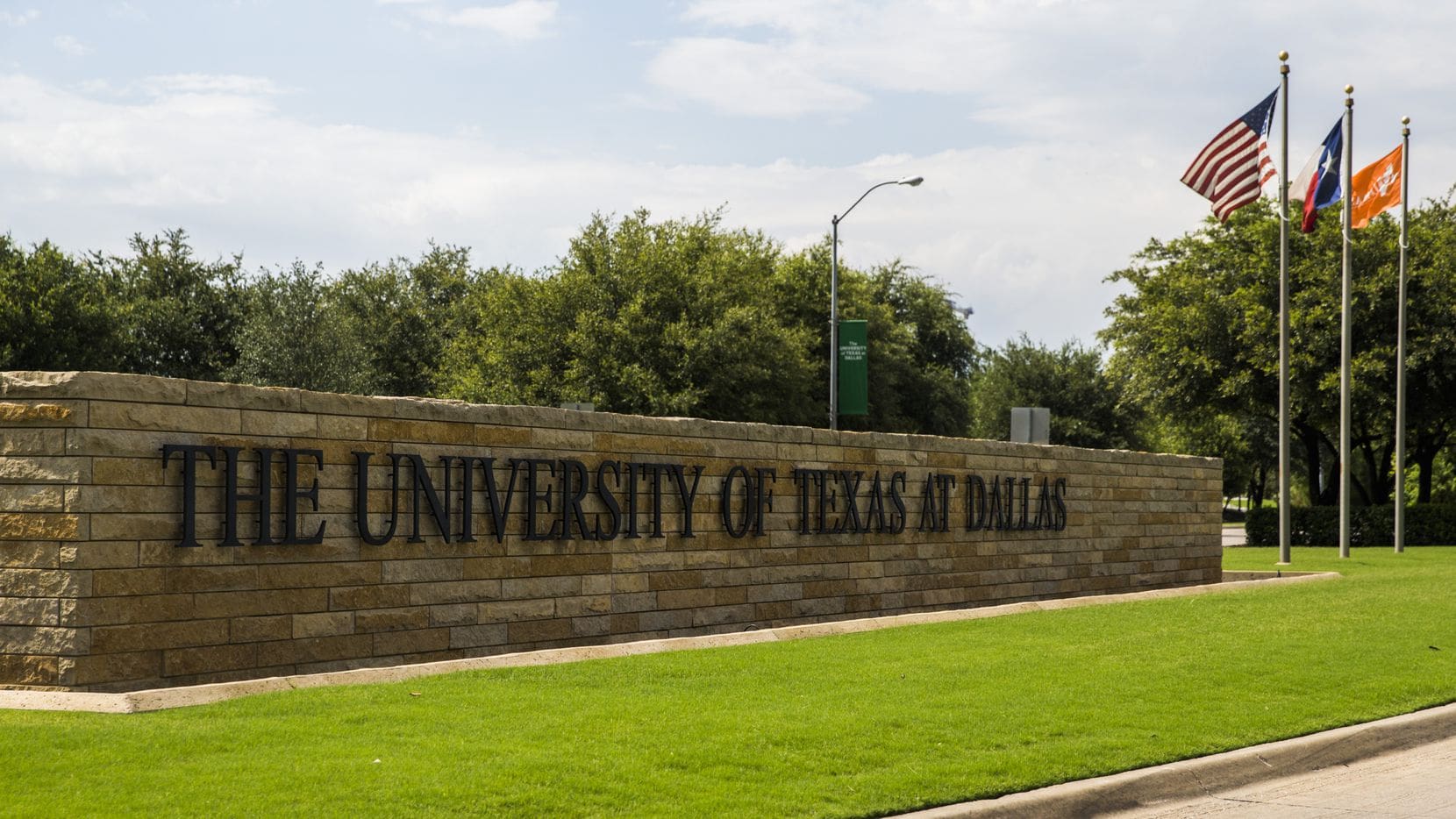Lawmakers in the Texas Senate Committee on State Affairs considered legislation that would strengthen religious liberty protections for public school employees and student organizations at colleges.
Senate Bill 1556 by State Sen. Tan Parker (R–Flower Mound) would protect the right of a public school employee to engage in religious speech or prayer while on duty.
Former State Rep. Matt Krause testified in support of SB 1556 on behalf of First Liberty Institute, saying:
[This is] a recodification of a Supreme Court opinion last summer in Bremerton v. Kennedy, where Coach Kennedy was kneeling on the 50-yard line after every game. He was grateful to the Lord for allowing him to be in the position that he was in, investing in the lives of these young men, [and] took a moment to pray and thank God for that opportunity to do it at the 50-yard line. The school district said you can’t do that. Multiple district courts and even a court of appeals said you can’t do that. But the Supreme Court said no, you absolutely have the right to do that.
“Senate Bill 1556 is a codification of that case law into Texas statute,” said Krause.
“Schools don’t dictate our beliefs. And we don’t stop our values and beliefs because we step on school property,” said Denise Siebert, testifying in support of the legislation.
Gregory Porter of Texans for Liberty testified against the bill, arguing that the bill doesn’t do enough to protect religious freedom. Porter advised removing certain sections “so that there is not some carve-out for a compelling state interest or a subjective opinion by the state to be able to overcome this natural right to free speech.”
SB 1556 was left pending in committee.
Senate Bill 1711 by State Sen. Charles Perry (R–Lubbock) “helps ensure that all student organizations can continue to represent their sincerely held beliefs.”
Lance Kinzer of the 1st Amendment Partnership testified in support of SB 1711, stating, “Student organizations have been punished based upon their beliefs, and particularly based upon requiring that those who would lead those groups or choose member leaders of those groups hold to the beliefs that the organization was founded to.”
“This bill is broadly drafted; it does not favor one particular viewpoint over another,” said Kinzer. “It protects all groups that are belief–based that wish to have standards for who can lead and speak on behalf of these organizations.”
Mary Elizabeth Castle, director of government relations for Texas Values Action, also testified in favor of the bill.
“Texas Values worked hard in the 2019 session on First Amendment legislation that would have protected viewpoint discrimination on campuses in relation to speakers,” she said. “But the work is not quite done. Groups still need protection for just being the core of who they are.”
Castle noted this discrimination is common in higher education, as well.
“As of 2023, almost 14 percent of public universities maintain policies that substantially restrict students’ First Amendment rights,” said Castle. “College campuses are a prime place for students to learn how to express their beliefs, whether religious or not, and if there’s a particular group on campus that holds religious beliefs and they require these tenets for their members, they shouldn’t feel like they have to deny those or go against those beliefs just because of campus policies.”
SB 1711 was left pending in committee.




